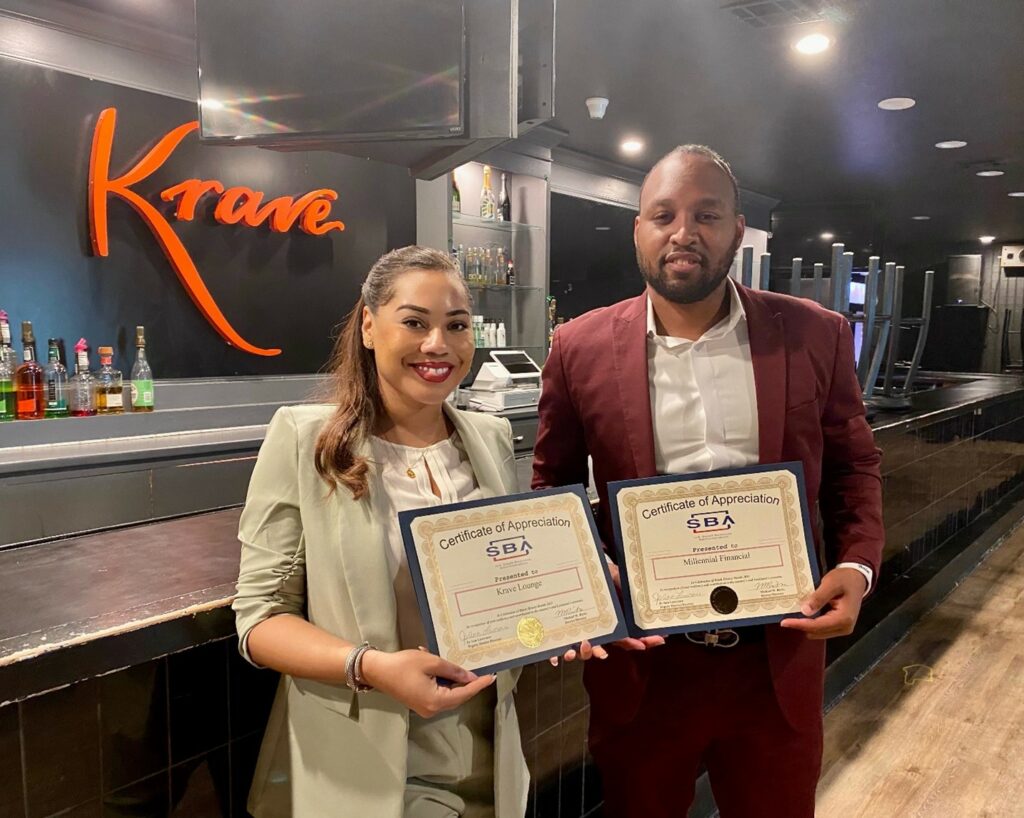President Abraham Lincoln signed the Emancipation Proclamation on January 1, 1863. While the Emancipation Proclamation symbolized liberty for Black slaves in the U.S., many slaves were still in bondage. On June 19, 1865, the slaves in Galveston, Texas were finally freed, which marked the end of slavery in the United States. This momentous day, recognized as a federal holiday by President Joe Biden on June 17, 2021, became the nation’s second Independence Day. In recognition of Juneteenth, please see information below on Black-owned small businesses.
- In 2018, Black-owned businesses total sales were $200.6 billion.
- In 2018, Black-owned businesses annual payroll was $36.9 billion.
- In 2018, Black-owned businesses employed 1,118,819 workers.
- The Community Reinvestment Act, which aids against banking discrimination, results in a 3 to 6 percent increase in employment for Black-owned businesses as they receive better access to finance.
Advocacy resources and outreach:
- The Impacts of Covid-19 on Racial Disparities in Small Business Earnings
- African-American Entrepreneurs: Contributions and Challenges
- Community and Resilience — The Soul of the Nation’s Economy
- Black Entrepreneurs Creating Unique Eats and Award-winning Brews
Recently, one of Advocacy’s Regional Advocates Janea Jamison attended an inaugural summit in Albuquerque, New Mexico, where over 150 small businesses and stakeholders attended each day, most of them Black or Afro-Latino.
Coretta Scott King Women’s Leadership Academy invited region 4 advocate Montez Diamond to participate in the school’s Career Day Activities. There, Diamond saw young Black girls striving to become entrepreneurs. The girls showed these talents to Diamond through related projects and presentations.

